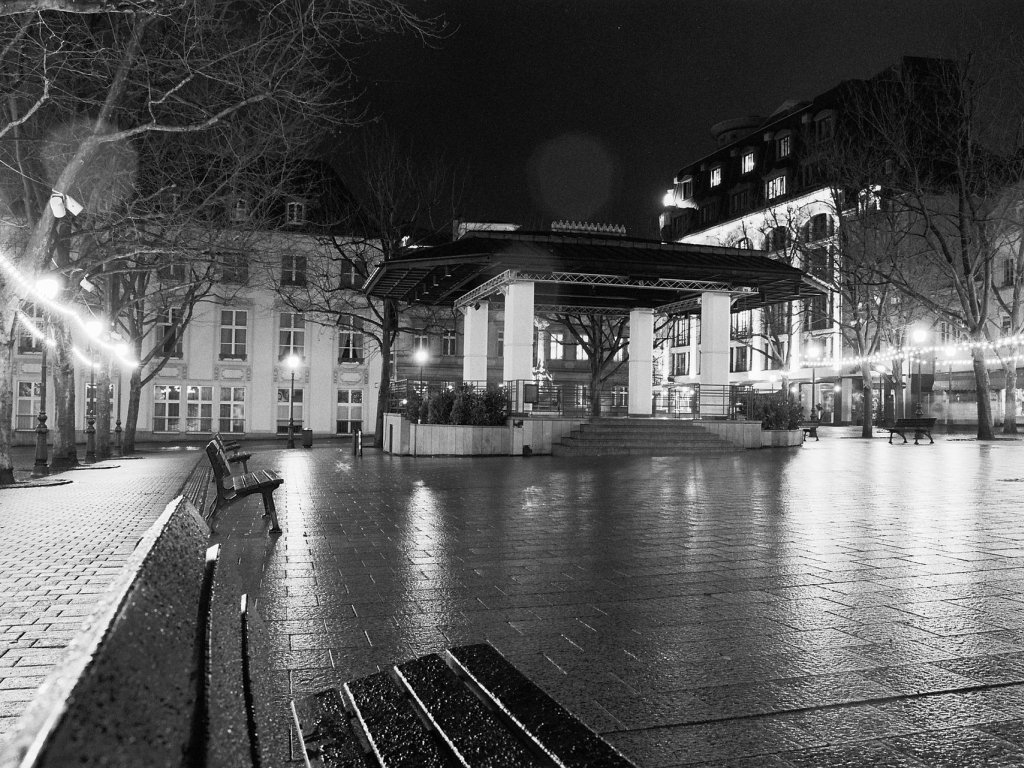As already reported in our last updates on real estate in Luxembourg, the Grand Duchy has further developed in the real estate sector.
Thanks to its wide range of efficiently regulated and unregulated entities, as well as high standards of investor protection, Luxembourg was already recognized as a leading hub for the structuration of investments in European and global real estate (cf. our Analysis Luxembourg Real Estate Investments on October 10, 2017).
In recent years, however, the market has shifted toward investments in Luxembourg-based real estate. A strong financial sector and stable political situation, along with the need for office and residential space to match the city’s growth, make Luxembourg appealing to real estate investors.
The Real Estate Market’s Rapid Expansion
Since 2014, annual real estate market transactions have consistently surpassed the billion-euro threshold. That upward trend multiplied notably between 2015 and 2016, increasing from €1.1 to €1.35 billion. 2017 confirmed this trend, peaking at €1.38, while in 2018, after a relatively calm opening, Luxembourg experienced its strongest second quarter in a decade and 2018 ended with a result of €2.00 billion. Indeed, vacancy declined in the last quarter of 2018 to reach 3.4% representing 139,439 sq.m. This represents a decline for the fourth consecutive quarter and marks a long-time record low.
Brexit to Boost Investments
As highlighted by experts, the announcement of Brexit considerably shaped this surge. Luxembourg’s real estate market is considered to be one of the only in the world that tangibly benefits from the UK’s 2016 referendum, since many investors see it as an attractive alternative to London.
Luxembourg was ranked as a top city in terms of expected increases in rental and capital value in 2018. The most significant increase came from the Central Business District of Luxembourg where €50/sq.m./month, VAT excluded, is the applicable prime rent at the end of the year 2018, and this is expected to continue in 2019.
Tackling Challenges
Sustained population growth, boosted by an influx of foreigners and in the context of Brexit, led to a housing shortage and infrastructure deficit. Indeed, residential accommodation in Luxembourg City increased significantly over the past ten years to 3,4% for houses and 4,4% for apartments. As for office space, demand is quickly increasing, already resulting in a 2017 vacancy rate of below 5 percent. The take-up volume in 2018 amounted to more than 245,000 sq.m., the second highest annual volume ever. Furthermore, private placements prove difficult amid low yields. Rates of return have stabilized at around 4.35 percent in prime districts (e.g. La Cloche d’Or, Kirchberg) and 6.5 percent in the periphery. Forthcoming projects to be completed within the year include, among others, the Royal Hamilius downtown Luxembourg offering 17,000 sq.m. of shopping area and the Cloche d’Or mall in Gasperich with its gigantic 75,000 sq.m.
Kaufhold & Reveillaud has a solid experience in local and global real estate markets. In the next updates, we will give some insight on legal due diligences in the real estate market.
Our real estate department would be delighted to assist you in both the structuration of real estate via Luxembourg and projects based in the Grand Duchy, including shares or asset deals agreements.
For further information, please contact:
Emmanuel Reveillaud, Partner – e.r@kr-legal.lu
Rüdiger Sailer, Counsel – r.s@kr-legal.lu
Kaufhold & Réveillaud
T: +352 444 222 1
